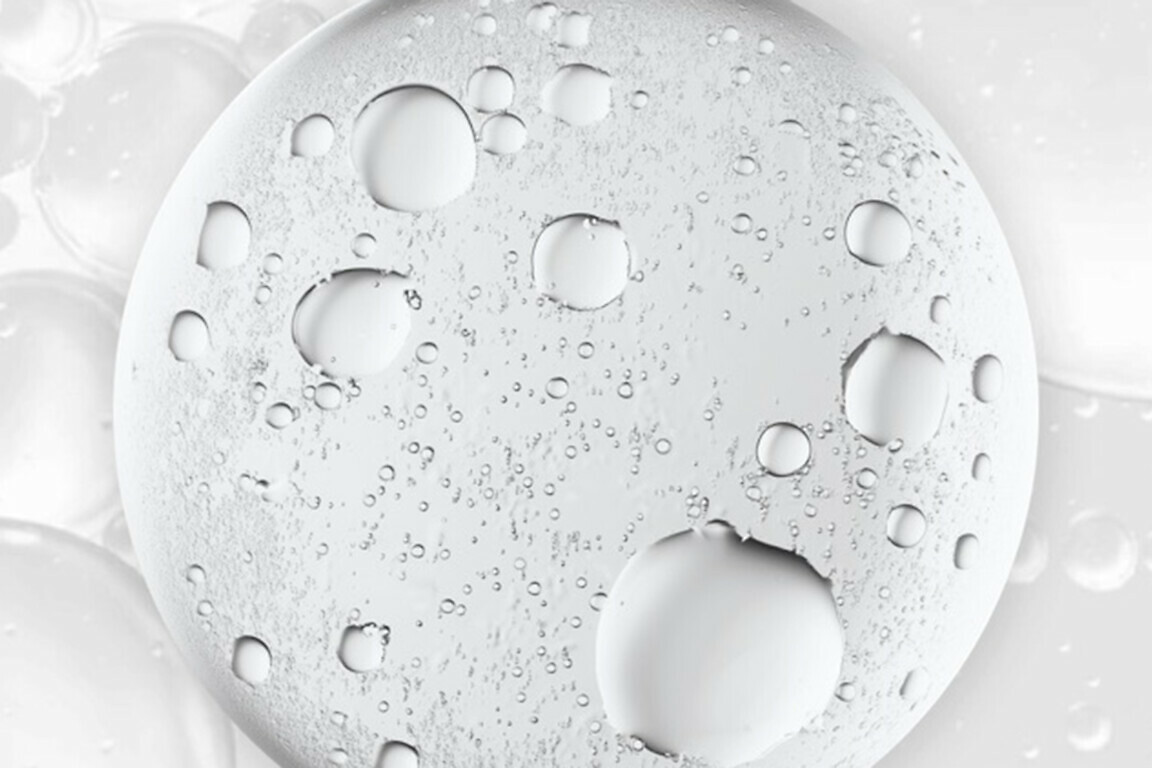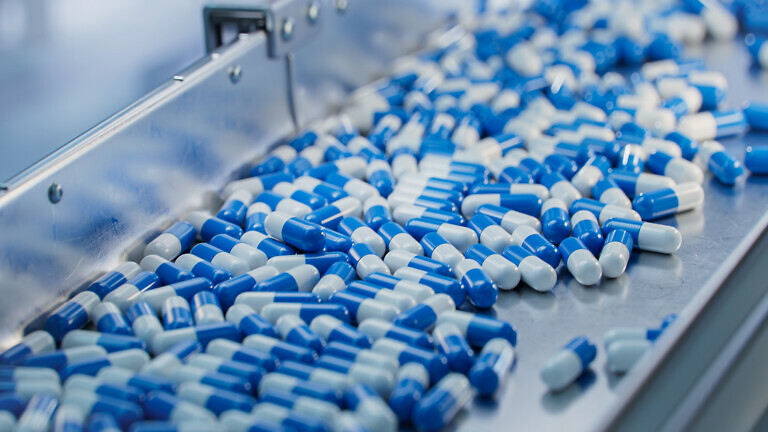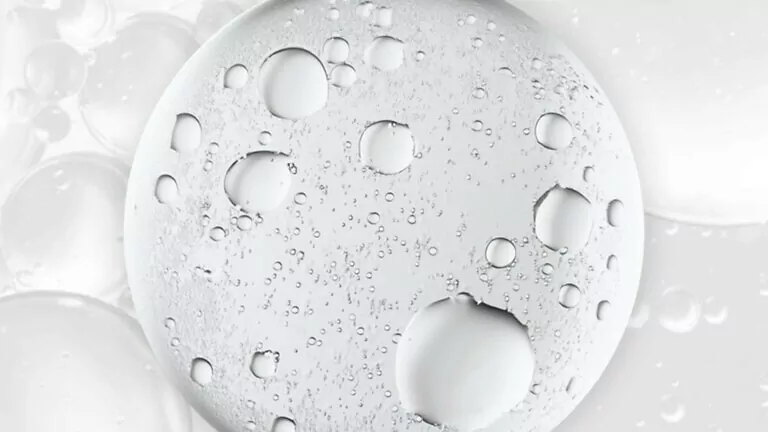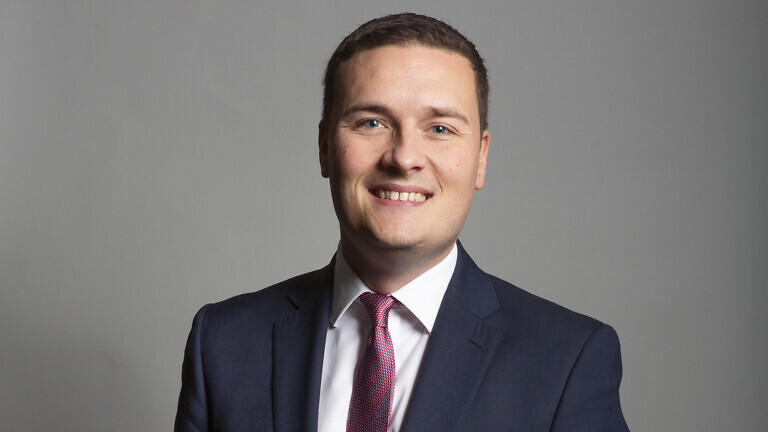The London-based biomaterials startup has developed a naturally biodegradable superabsorbent polymer to replace plastics used inside nappies and sanitary products.
London-based biomaterials startup Planet Smart has raised $1 million (£760,000) in pre-seed funding to launch PlanetSorb, the world’s first naturally biodegradable superabsorbent polymer designed to replace the fossil-based plastics used inside nappies and sanitary products.
The round was led by General Inception and Vertical Venture Partners, with additional backing from Innovate UK and the Undaunted Accelerator. Funds raised will be used to scale r&d and the technical team at its White City laboratory, expand its technical team and begin commercial trials with global hygiene manufacturers.
PlanetSorb is the first super-absorbent polymer that biodegrades within six months without leaving microplastics behind. It also outperforms traditional materials, absorbing more than one litre of liquid per gram, which is up to twice as much liquid while remaining cost-competitive. Because less material is needed to achieve the same result, manufacturers can create thinner, more comfortable products that perform better for consumers.
“We’ve shown that sustainability doesn’t have to mean sacrifice,” said Gerald Marin, chief executive and cofounder of Planet Smart. “Our material is greener, faster, and built to scale, and crucially, it simply disappears when its job is done.”
Expansion plans
Marin, a materials scientist from the Philippines, met his American co-founder Maurice Rüttimann when they were lockdown flatmates in Brussels during the pandemic. The idea for Planet Smart began after Marin volunteered for a river clean-up in his home country and saw first-hand the scale of waste caused by disposable nappies. “Everyone was talking about plastic bottles and plastic bags,” he recalls, “but hygiene products are one of the biggest sources of microplastic pollution and people don’t even realise it.”
The pair began by running an NGO focused on plastic waste before turning to science to solve the root of the problem. Now based in London’s White City innovation hub, Planet Smart has built a team of polymer chemists and industry veterans from BASF and P&G Ventures.
Marin, a new father, says the mission has become deeply personal. “Every parent knows the guilt of throwing away nappies,” he says. “The first thing we do to babies the moment they’re born is wrap them in plastic. I want to change that by creating smarter biomaterials that my daughter won’t have to clean up in 30 years’ time.”
The startup has already signed three letters of intent from hygiene manufacturers and two purchase orders with European brands. Third-party testing of PlanetSorb at lab-scale has confirmed that the material is non-toxic, dermatologist-approved and achieves industry-leading absorbency and retention rates.
With future funding rounds, the team Planet Smart aims to reach one kilotonne of production capacity, which is equivalent to around 45 million nappies’ worth of PlanetSorb, by the end of 2028. The company plans to fundraise further in 2026 to expand manufacturing and establish licensing partnerships with global brands.



